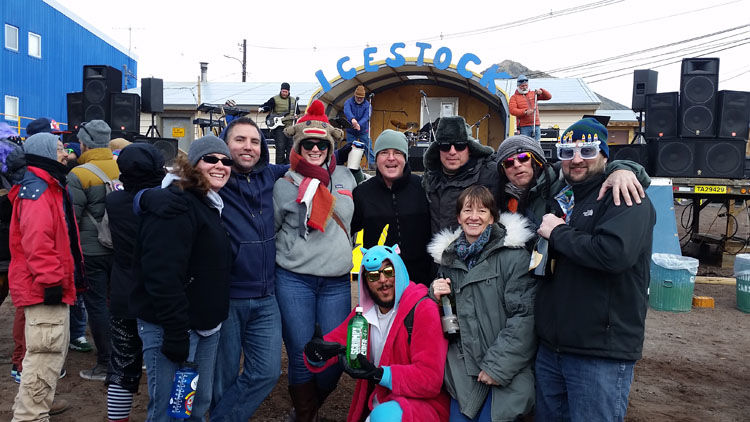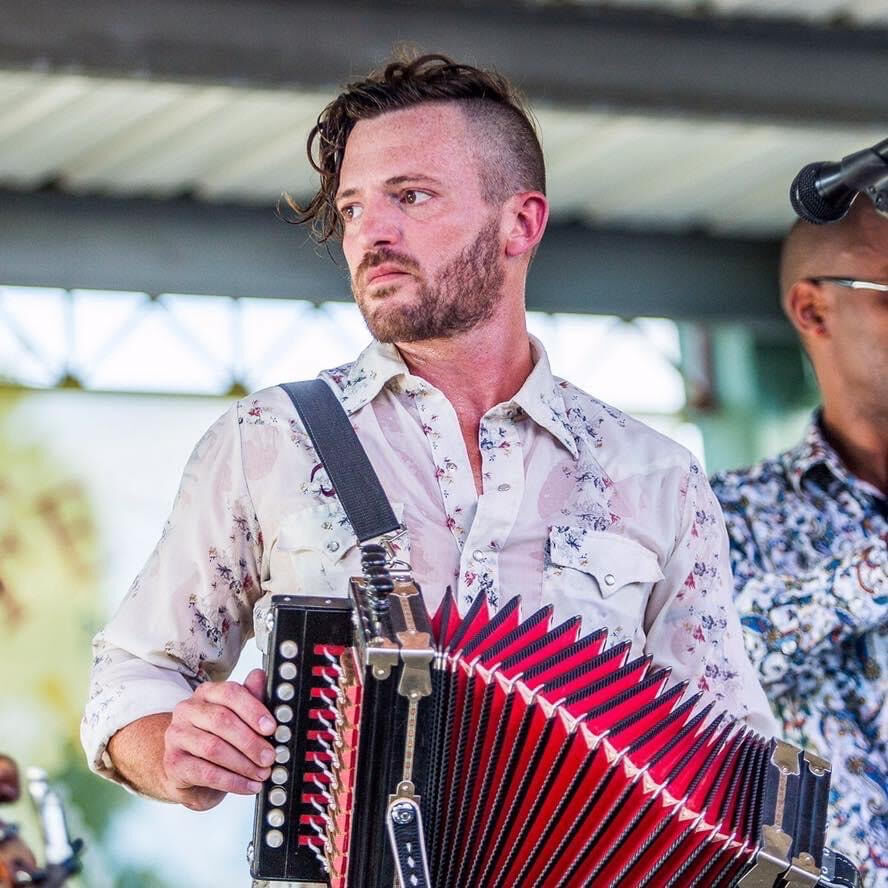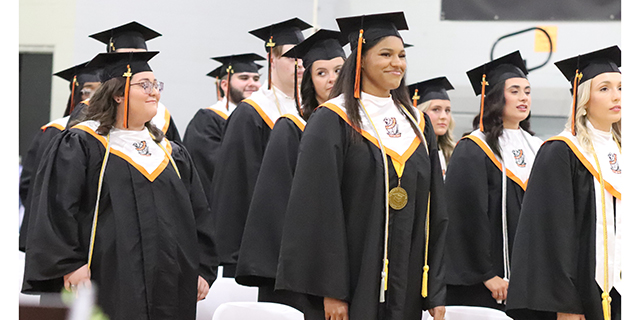An Arctic Expedition
Published 8:32 am Friday, June 16, 2017

- An Arctic Expedition
Dr. Ross Fremin’s Heart to Heal
By Sherise Henry
Dr. Ross Fremin has a passion for healing that is only rivaled by his case of wanderlust. These inherent attributes, time and time again, created a call within the New Iberia native to serve others and for adventure – a call he always answers. His work as a doctor and U.S. veteran has often times created opportunities to share his passion for healing in some of the world’s most compelling places – Iraq, The Superdome post Hurricane Katrina and, most recently, Antarctica to discover life along the South Pole.
br
His interest in medicine was sparked from a personal experience. “I had a friend of mine in college that I helped take care of after he was injured in a car wreck, and he later became paralyzed,” explains Fremin. The seed was planted, but didn’t bloom until Fremin followed his heart rather than practical wisdom. “I finished college in industrial technology, planning to take over the family business,” he continues. After careful consideration Fremin decided to apply to LSU medical school, and that’s where his legacy as a physician began. “I met a doctor, Dr. Paul Azar, who was a physician in the Louisiana Army National Guard. He told me the benefits of serving in the military and going to med school, and I became interested,” says Fremin.
br
Fremin’s first military experience came while serving in the Louisiana Army National Guard. He was one of the few students who volunteered to serve at war while in residency. He found himself acting as a Senior Medical Officer of the 2-156th Brigade Combat Team while stationed in Iraq. He received two Army commendation medals for his service there. Soon thereafter, he became board certified in family medicine at LSU medical. He later studied Emergency Medicine at the University of Tennessee. After Iraq, Fremin switched from Army National Guard to Air National Guard. Through the National Guard, duty called again, this time much closer to home.
br
When New Orleans was struck by the devastation of Hurricane Katrina, Fremin found himself working as an Army Field Surgeon while caring for the thousands who were stranded and housed in the Louisiana Superdome (now the Mercedes-Benz Superdome.) Fremin recounts the inexplicably bleak conditions and the harrowing stories of the evacuees. It isn’t these dark memories that have remained with Fremin over the last 12 years. The triumph of human compassion he witnessed has never left him.
br
“I remember seeing how humanity as a whole got together and helped one another regardless of race or background,” he recalls. “You had moms with kids and extended families with grandmothers who were sharing MREs (meals ready to eat). They protected each other.”
br
Today, the doctor finds himself serving in civilian life through his role as the Trauma and ER doctor at Rapides Regional in Alexandria, La. His commute between work and spending time as a family man with wife Sharon and 10-year-old daughter Lauren gives him time to reflect on the meaning of his work and the value it holds.
br
“All the different places I’ve been able to go and experience are part of a life of family – the military is a family. We come from different backgrounds, but our core values are the same,” he says. He brings the same family sentiment to his patients. “When I’m practicing medicine, I try to practice as though I were treating my family in every instance. Being able to serve people and help our troops is one of the most rewarding things I’ve ever done.”
br
Fremin credits his wife and daughter for being the core of his support system. He explains how they have to adjust to his work away from home, his busy schedule and the uncertainty of when he will be called away for duty. He says the support of his community and his family has gone a long way in keeping him encouraged. “You wouldn’t believe the number of postcards you receive while serving. It’s really a blessing,” says the doctor.
br
Fremin is a multitasker with the Air National Guard serving in several capacities including Flight Surgeon, Emergency Physician and member of the Critical Care Air Transportation Team. Most recently Dr. Fremin served his country during a trip to Antarctica, home to the South Pole, and one of the coldest places on earth. This frightfully frigid mission involved holding clinics and transporting soldiers away from the site by air when medically necessary.
br
“I had to have the ability to provide a makeshift ICU in the back of a plane with a nurse and respiratory therapist if necessary,” explains Fremin. “When I switched from National Guard to Air Force, I worked on becoming a flight surgeon to keep the La Firefighter wing ready to fly to make sure that if we are called to war, we are medically prepared.” On his trip to Antarctica, Fremin was labeled the Senior Clearing Flight Surgeon. His job at the remote location introduced him to several teams of people he would come to know during his stay, including persons working in conjunction with the National Science Foundation Research Team and medical staff of UTMB out of Galveston, Texas.
br
Fremin’s journey to Antarctica was laden with once in a lifetime experiences, including meeting one of the individuals who was the first of the two humans to walk on the moon, famed former astronaut Buzz Aldrin. Fremin was there from Nov. 17, 2016 to Jan. 9, 2017. It was summer in Antarctica, which meant that along with temperatures that ranged from 10 to 20 degrees Celsius, it was daylight 24 hours a day.
br
“In Antarctica it’s completely dark in the winter 24/7, and in the summer it’s always daylight,” he says. On Mondays through Saturdays, Fremin’s days would consist of treating military crews at clinics and conducting physical training. He would clear injured persons to fly from Antarctica to New Zealand. His work on the continent earned him an Antarctica Service Medal. When he wasn’t working he was able to visit the South Pole, as well as the Long Duration Balloon Research Facility with Dr. Jack Hays, where balloons and telescopes were launched into the stratosphere to study the galaxy. He also visited Mount Erebus, the most active volcano on the globe, and attended mass at the Chapel of the Snows every Sunday. The chapel is the second southernmost religious building in the world. His trip also brought him to the Ice Stock music festival with medical teams, contract workers and researchers.
br
Back home, Fremin kicked the ice off of his boots and returned to his most treasured assignment, being there for his wife and daughter, who are thrilled to again share a time zone, continent and climate with their personal hero. For now, Fremin is dutifully serving as an ER and trauma doctor. It’s likely that a time will come when he will once again be called upon to serve others. And as history has shown, there are no limits to how far or wide that call may come.





